Introduction
The Dublin Institute for Advanced Studies is a statutory independent research institution in Ireland, dedicated to conducting in-depth academic research and talent training in multiple professional fields.
Overview
Staff size: Data from 2009 shows that it has 79 staff members.
Student situation: It does not directly recruit a large number of undergraduates, but mainly recruits graduate students who have a certain foundation in related fields and are committed to in-depth research, and jointly trains students with many universities.
History and establishment time
In 1940, it was established at the initiative of Irish Prime Minister Éamon de Valera to promote the development of higher education and scientific research in Ireland. Its establishment was inspired by the Institute for Advanced Study in Princeton, New Jersey, USA.
In 1941, Schrödinger was hired as the director of the Theoretical Physics Department.
In 1947 In 2000, the School of Cosmic Physics was established.
School Strength
Faculty: It has a group of experts and scholars with international influence in the fields of theoretical physics, cosmic physics, Celtic studies, etc. They have not only achieved fruitful results in academic research, but also provided high-quality guidance and teaching for students.
Research Results: The School of Cosmic Physics has made remarkable achievements in geophysics research. For example, the study of the formation of the North Atlantic has determined that the scope of the Irish continental shelf is farther than previously known, which has more than doubled the area of the seabed economic zone that Ireland can exploit under international law; the School of Theoretical Physics has applied its basic research results in statistical mechanics to computer exchange technology, and established a related Irish campus company to develop its intellectual property rights.
Institutional Nature
A statutory independent research institution, although it does not grant degrees, has the right to "Train students to master advanced research methods". Graduate students can register for higher degrees at any university in the world under the guidance of researchers from the Institute and with the consent of the management committee of their respective colleges.
Educational philosophy
Focus on cultivating students' independent research ability and innovative thinking, encourage students to explore cutting-edge issues in various professional fields under the guidance of their tutors, and provide students with a good academic environment and research resources to promote students to achieve innovative research results in theoretical physics, cosmic physics, Celtic studies and other disciplines.
Key laboratories and disciplines
Key disciplines: Theoretical physics, cosmic physics, and Celtic studies are its core disciplines, covering research directions from micro to macro, from natural sciences to humanities and social sciences. All disciplines are at the international forefront and have made important contributions to promoting academic development in related fields.
Scientific research facilities: There are many professional laboratories and research centers, such as the geophysics laboratory of the School of Cosmic Physics, which is equipped with advanced earthquake monitoring equipment etc., for conducting research in geological structure, marine geology, etc.; the School of Theoretical Physics has high-performance computing equipment and advanced physical experimental instruments, which provide strong support for theoretical research and simulation calculations.
Department
It consists of three schools: the School of Theoretical Physics, the School of Cosmic Physics and the School of Celtic Studies. Each school conducts in-depth teaching and research in its professional field, and jointly promotes the development of the Dublin Institute of Advanced Studies in multidisciplinary fields.
Ranking
The specific ranking of the institute in the comprehensive university rankings has not been found, but it has a high international reputation and influence in its professional field, and its research results and academic contributions have been widely recognized by the international academic community.
Expenses
The specific fees vary depending on the student's registered university, research project, and research facilities used. Generally speaking, students participating in research projects at the institute need to bear their tuition fees at the registered university and possible research expenses.
Campus
Location: The headquarters is located on Burlington Road, Dublin 10, its colleges are located in 10 Burlington Road, 31 Fitzwilliam Square and 5 Merrion Square in the south of Dublin, and there are also related facilities at Dunsink Observatory in the north of Dublin.
Campus facilities: It has modern teaching and research facilities, including laboratories, libraries, conference rooms, etc., providing teachers and students with a good learning and research environment; in addition, the campus is surrounded by convenient transportation and complete living facilities, providing convenient conditions for students' daily life.
-

Dublin City University
-
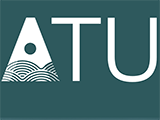
Atlantic Technological University
-
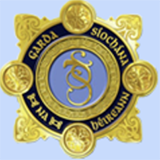
Garda Síochána College
-
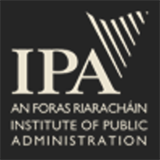
Institute of Public Administration
-

Munster Technological University
-

Dublin Business School
-

Maynooth University
-
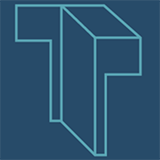
Technological University Dublin
-
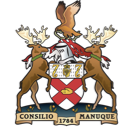
Royal College of Surgeons in Ireland
-

ICD Business School
-

Mesoamerican University
-

Istmo University
-

Mariano Galvez University of Guatemala
-

Regional University of Guatemala
-

Galileo University
-

Francisco Marroquín University
-

Rafael Landívar University
-

University of the Valley of Guatemala
-

University of San Carlos of Guatemala
-

Technological Institute of Tlaxcala Plateau
-

Golfo University
-

Technological University of South Sonora
-

Technological University of Huejotzingo
-

Tizimín Institute of Technology
-

Chilpancingo Institute of Technology

